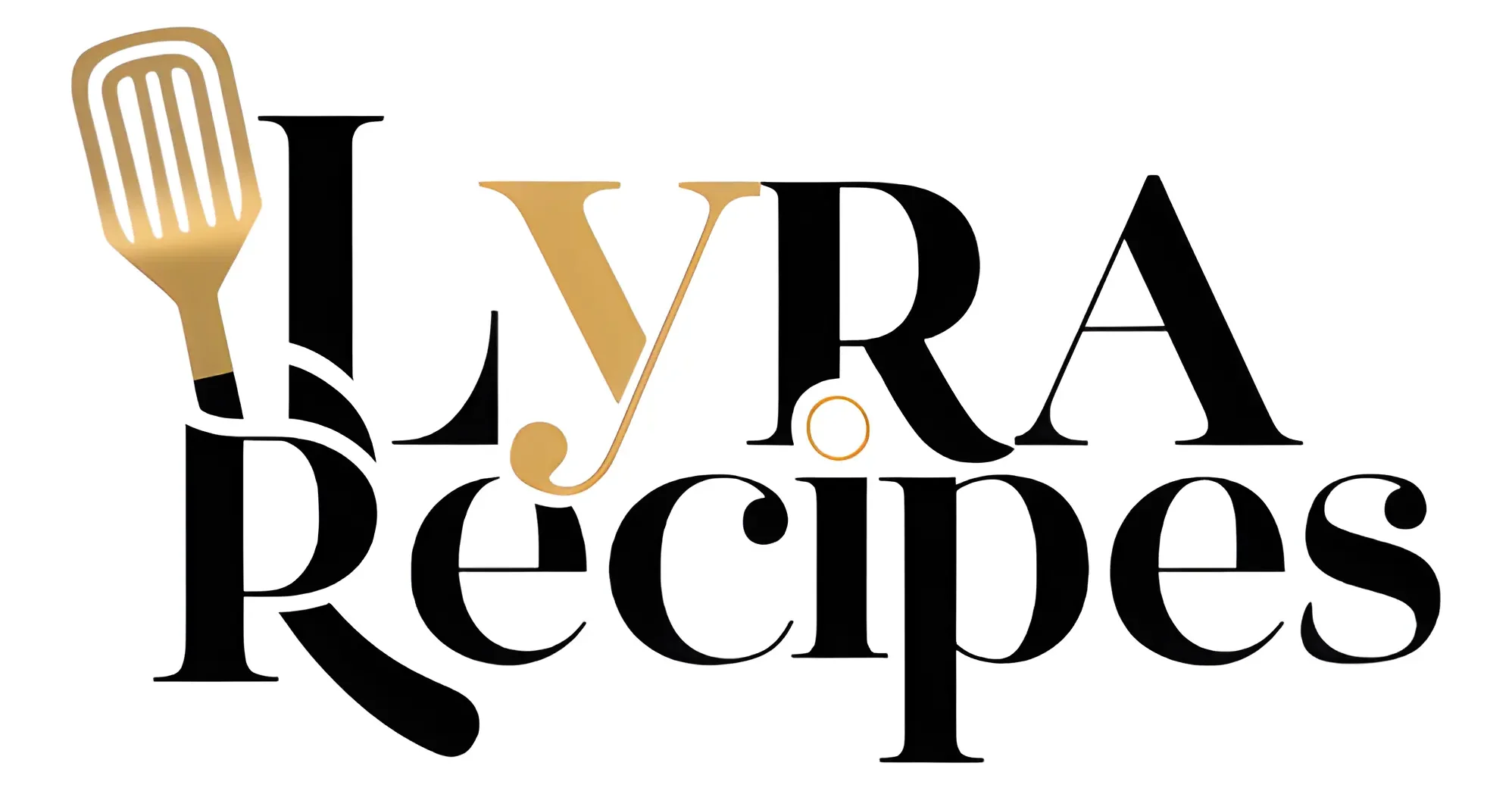Cottage cheese has been a staple in diets for decades, but is cottage cheese actually healthy? Many individuals, especially those focused on nutrition, wonder whether it truly offers health benefits or if it’s just another dairy product. With its high protein content and versatility, cottage cheese is a favorite for many, but there are potential concerns to consider, such as sodium levels and lactose content. This article will dive deep into the benefits and potential drawbacks of cottage cheese, showing how it can fit into various diets and whether it lives up to its healthy reputation.
What Makes Cottage Cheese Healthy?
Let’s start by understanding what makes cottage cheese healthy. Cottage cheese is essentially curds that are separated from the whey during the cheese-making process. Its soft texture and slightly tangy flavor make it a versatile food that pairs well with sweet and savory ingredients. But its real draw is its impressive nutrient profile.
One cup of low-fat cottage cheese contains:
- High protein: Around 25 grams per serving.
- Low fat: Versions like low-fat or fat-free cottage cheese contain very little fat, making them ideal for those reducing fat intake.
- Calcium: Cottage cheese is rich in calcium, essential for bone health.
- B vitamins and phosphorus: These contribute to energy production and cell function.
Protein: The Star Nutrient in Cottage Cheese
The primary reason why many fitness enthusiasts and athletes love cottage cheese is because of its high protein content. Protein plays a critical role in building and repairing muscles, and since cottage cheese is packed with protein, it’s a go-to for anyone looking to boost muscle mass or improve recovery after exercise.
Cottage cheese also contains casein protein, which is known for its slow digestion. Casein releases amino acids into the bloodstream slowly, keeping you feeling full for longer. This slow-release protein makes cottage cheese an ideal food for maintaining muscle and reducing hunger throughout the day. According to Healthline’s Cottage Cheese Nutrition Benefits, this is one of the reasons why cottage cheese is a staple in many high-protein diets.
Additionally, WebMD’s guide on Cottage Cheese for Weight Loss emphasizes that casein protein not only aids in muscle repair but also plays a key role in weight management by keeping you full longer.
Is Cottage Cheese High in Calcium?
Yes, cottage cheese is a good source of calcium, though it contains less than some other dairy products like yogurt or milk. Still, it provides a substantial amount of calcium, which is vital for maintaining strong bones and teeth. Consuming calcium-rich foods like cottage cheese can help prevent conditions such as osteoporosis, especially as you age.
However, the calcium content can vary depending on the type of cottage cheese you purchase. Full-fat versions tend to have slightly more calcium, while low-fat or fat-free options may contain a bit less due to differences in processing.
How Cottage Cheese Helps with Weight Loss
One of the biggest reasons people turn to cottage cheese is its ability to support weight loss. But is cottage cheese actually good for weight loss? The answer is a resounding yes. Thanks to its high protein content and low calorie count, cottage cheese fits perfectly into most weight loss plans. Whether you’re following a calorie-restricted diet or a high-protein regimen, cottage cheese is an excellent choice for curbing hunger without adding excessive calories.
Why Protein is Key for Weight Loss
Protein plays a critical role in weight management. It’s well-known that high-protein foods increase feelings of fullness, reduce hunger, and preserve muscle mass during weight loss. When you consume protein-rich foods like cottage cheese, your body uses more energy to digest them, which results in a higher metabolic rate. This process, known as the thermic effect of food, is why high-protein diets are often more effective for weight loss than low-protein diets.
By incorporating cottage cheese into your meals, you can help maintain muscle mass while losing fat. Additionally, because protein takes longer to digest, it keeps you full for extended periods, preventing unnecessary snacking between meals.
For instance, when making a calorie-controlled dish like lasagna, Lyra Recipes’ Lasagna Guide suggests using cottage cheese as a substitute for higher-fat cheeses like ricotta. This small swap can help cut down on calories without sacrificing flavor or texture.
Cottage Cheese as a Meal Replacement
Another reason cottage cheese is so popular among dieters is that it can serve as a meal replacement. Thanks to its high protein content, it keeps you feeling full, making it easier to skip high-calorie meals or snacks. Many individuals enjoy cottage cheese with fruits, vegetables, or nuts for a balanced meal that doesn’t weigh them down.
If you’re looking for creative ways to incorporate cottage cheese into your diet, check out Lyra Recipes’ Cottage Cheese Meal Ideas for fresh inspiration.
Is Cottage Cheese Good for Muscle Building?
In addition to weight loss, cottage cheese is excellent for muscle building. Its high protein content, specifically casein, supports muscle growth and repair, making it ideal for athletes or anyone engaged in regular strength training.
Casein Protein for Muscle Growth
Casein is a slow-digesting protein that provides a steady supply of amino acids to the muscles over several hours. This slow release makes it especially effective when consumed before bed, as it allows your muscles to recover and grow while you sleep. Many bodybuilders incorporate cottage cheese into their nighttime meals for this very reason.
In fact, studies have shown that casein protein can help increase muscle mass when combined with resistance training. Consuming casein-rich foods like cottage cheese before bed can promote greater gains in lean muscle mass, especially when paired with regular exercise.
Combining Cottage Cheese with Other High-Protein Foods
While cottage cheese is great on its own, combining it with other high-protein foods can enhance its benefits. For example:
- Smoothies: Blend cottage cheese with protein powder, fruits, and spinach for a nutrient-dense smoothie.
- Eggs: Adding cottage cheese to scrambled eggs increases the protein content without adding too many calories.
These combinations provide not only more protein but also essential vitamins and minerals, which support overall health.
Is Cottage Cheese Really Good for Gut Health?
While cottage cheese has a lot of health benefits, some may wonder, is cottage cheese good for gut health? Unlike yogurt, which contains live probiotics, traditional cottage cheese doesn’t usually contain these gut-friendly bacteria. However, some brands now offer probiotic-enriched cottage cheese, which can contribute to better digestive health.
Cottage Cheese vs. Yogurt for Digestion
Yogurt is well-known for containing live cultures that aid in digestion, but cottage cheese doesn’t typically offer the same benefits. If gut health is a concern for you, it may be worth seeking out cottage cheese that has added probiotics. Alternatively, you can incorporate both cottage cheese and yogurt into your diet to ensure you’re getting a mix of probiotics and protein.
For more insights into the differences between dairy products like cottage cheese and yogurt, Lyra Recipes’ Dairy Comparisons provides helpful comparisons of different high-protein options.
Are There Any Downsides to Cottage Cheese?
While cottage cheese offers numerous benefits, there are also a few downsides that you should be aware of. Some of these include:
- High Sodium Content: Many brands of cottage cheese contain high amounts of sodium, which can contribute to high blood pressure if consumed in excess. Choosing low-sodium varieties can help mitigate this issue.
- Lactose Content: Cottage cheese contains lactose, a sugar found in milk. If you’re lactose intolerant, this may lead to digestive discomfort. However, there are lactose-free versions available.
- Additives in Low-Fat Varieties: Some low-fat or fat-free cottage cheese products may contain additives or fillers to improve texture and flavor. Always check the label for unnecessary ingredients.
How to Choose the Best Cottage Cheese
When purchasing cottage cheese, it’s essential to check the nutrition label. Opt for:
- Low-sodium options: These versions help reduce your sodium intake without compromising on flavor.
- Lactose-free alternatives: If you’re lactose intolerant, seek out lactose-free varieties to avoid digestive discomfort.
- Full-fat vs. low-fat: Full-fat cottage cheese contains slightly more calories and fat but is often more satisfying. Low-fat versions, on the other hand, are lower in calories, making them better for weight loss.
Comparing Cottage Cheese to Other Dairy Products
Cottage cheese is often compared to yogurt, milk, and other dairy products due to its similar nutrient profile. But is cottage cheese healthier than yogurt or other dairy alternatives? That depends on your dietary needs.
Cottage Cheese vs. Yogurt
- Protein content: Cottage cheese contains more protein than most yogurts, making it a better option for muscle building and weight loss.
- Probiotics: Yogurt is a better choice for those looking to improve gut health due to its probiotic content.
- Sugar content: Flavored yogurts can contain a lot of added sugar, whereas cottage cheese is generally lower in sugar.
Cottage Cheese vs. Ricotta
Cottage cheese is also often compared to ricotta, especially in recipes like lasagna. While both are soft cheeses, cottage cheese is lower in fat and calories than ricotta, making it a better option for weight-conscious individuals. For example, Lyra Recipes’ Guide to Using Cottage Cheese in Lasagna recommends swapping ricotta for cottage cheese to make a lighter version of this popular dish.
Frequently Asked Questions (FAQs)
1. Is Cottage Cheese Good for Gut Health?
Cottage cheese does not naturally contain probiotics, but some brands now offer probiotic-enriched varieties that can support gut health.
2. Can Lactose-Intolerant People Eat Cottage Cheese?
Regular cottage cheese contains lactose, but there are lactose-free versions available for those with lactose intolerance.
3. Is Cottage Cheese Better Than Yogurt?
Both cottage cheese and yogurt offer unique benefits. Cottage cheese is higher in protein, while yogurt provides probiotics for gut health.
4. Does Cottage Cheese Cause Weight Gain?
When eaten in moderation, cottage cheese supports weight loss rather than causing weight gain due to its high protein and low-calorie content.
5. Is Cottage Cheese a Good Bedtime Snack?
Yes, cottage cheese is an excellent bedtime snack. Its casein protein digests slowly, providing a steady stream of amino acids to muscles throughout the night.
Conclusion: Is Cottage Cheese Actually Healthy?
In conclusion, is cottage cheese actually healthy? The answer is overwhelmingly yes. It’s a nutrient-dense, protein-packed food that offers numerous health benefits, including supporting muscle growth, aiding in weight loss, and providing essential vitamins and minerals. While there are some concerns to watch out for, such as sodium content and lactose, these can be managed by choosing the right type of cottage cheese.
Whether you’re using it as a meal replacement, adding it to your favorite recipes, or enjoying it as a snack, cottage cheese can be a valuable part of a balanced diet. For even more ways to incorporate cottage cheese into your meals, explore Lyra Recipes’ Creative Ideas for Cottage Cheese and discover new ways to enjoy this versatile ingredient.

